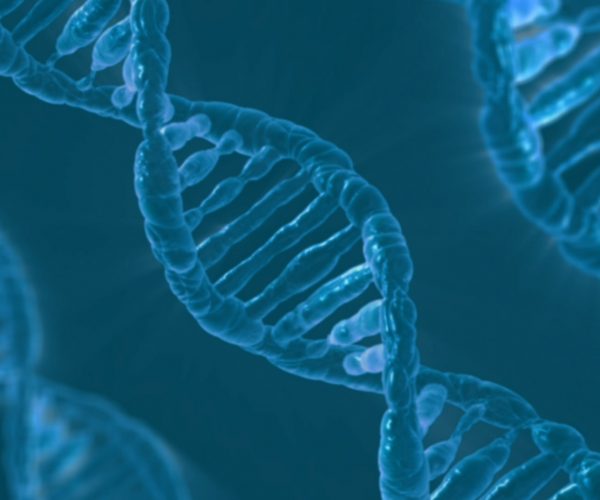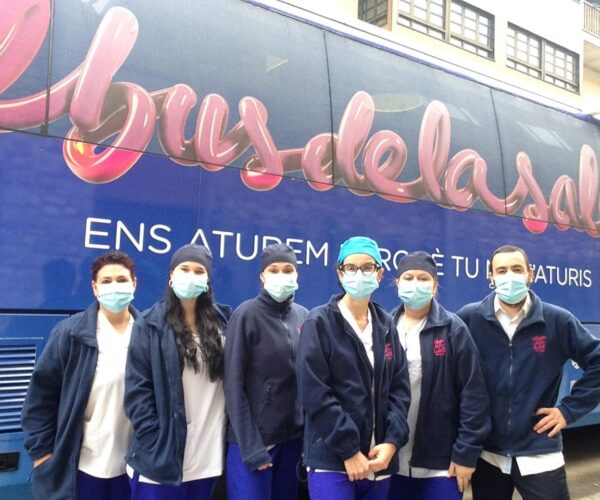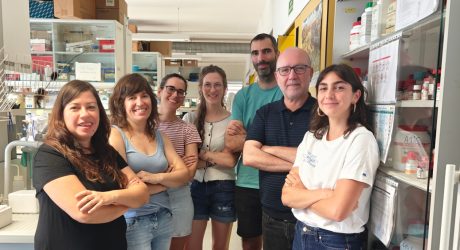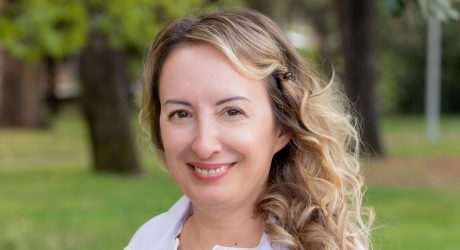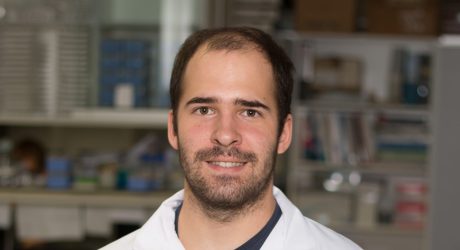‘El Bus de la Salut’ assesses the effects of COVID-19 on project participants, people with cardiovascular and renal risk factors
It will make a comparative analysis with 270 people: 135 project participants who have passed the disease and 135 participants who have not passed it as a control group
The ‘Bus de la Salut’ began its journey through the Lleida area on 9 November, assessing the effects of the COVID-19 on the project’s participants, people with cardiovascular and renal risk factors who have suffered from the disease. Over a period of four months, the team of healthcare professionals will visit 22 municipalities in Lleida where early cardiovascular and kidney diagnosis tests will be carried out on people who have been diagnosed with the COVID-19 by means of a diagnostic test (serological teset or PCR, a diagnostic test that allows a fragment of the genetic material of a pathogen to be detected).
135 participants in the project will revisit the bus and so will a control population of 135 people who have not passed the COVID-19 and share with the first group the data on age, gender, cardiovascular risk factors and degree of atheromatosis. Therefore, a total of 270 people will pass.
El Bus de la Salut’ has adapted to the current situation and the team of professionals has considered the need to carry out this study to see the consequences of the COVID-19 on people with risk factors” explained the project coordinator, Marcelino Bermúdez.
To begin this project, the bus and the caravan have taken the necessary sanitary measures such as ventilation filters and ultraviolet light lamps to decontaminate the spaces after each patient, as well as the personal protection equipment (PPE) necessary for the professionals.
In addition, the people mentioned will also follow a protocol. A tent, provided by Lleida Provincial Council, will be installed next to the bus to carry out antigen and antibody tests before entering the ‘Healthcare Bus’. The person will wait for the results before entering. In the event that the antigen test is positive, it will be referred to the Primary Care Centre. If the antigen test is positive, it will be referred to the Primary Care Centre. In other cases, the circuit will be initiated. Body temperature will also be taken and if this is higher than 37.5 degrees, it will not enter the circuit.
The diagnostic tests that will be carried out are anthropometric measurements (weight, height) and include the use of a bioimpedance scale; extraction of a blood sample for the biobank and of capillary blood and urine samples; spirometry, which incorporates antiviral and antibacterial filters; personal, family history, COVID-19 symptom and perceived stress surveys; dust wave determination for arterial stiffness; ankle-brachial index (ABI) determination; AGEs glycation test; and carotid, femoral and aortic arterial ultrasound scans for men over 60.
Calendar
In this new project, the Bus de la Salut will park in the following municipalities, despite the fact that people from nearby towns in the different municipalities will be mentioned, due to the logistics of the bus and the caravan.
- 9-12 November: Alcarràs
- 16-17 November: Almenar
- 18-19 November: Vielha
- 23 November: La Granadella
- 24-26 November: Sort
- 30 November – 3 December: Balaguer
- 9-10 December: Artesa de Lleida
- 14-17 December: les Borges Blanques
- 21-23 December: Cervera
- 11-12 January: Tàrrega
- 13 January: Bellpuig
- 18 January: La Seu d’Urgell
- 19 January: Oliana
- 20 January: Artesa de Segre
- 25-27 January: Lleida
- 28 January: Aitona
- 1-2 February: Warehouses
- 3-4 February: Torrefarrera
- 8-10 February: Guissona
- 15-17 February: the Pont de Suert
- 22 February: Solsona
- 23 February: Mollerussa
As of March 2021, ‘El Bus de la Salut’ will continue with the project begun in 2019 to review the 8,400 people included in the project in order to study its evolution. This second phase of the study will allow the evolution of these people to be seen. The Healthcare Bus is a research project financed by the Lleida Provincial Council and led by the Jaume Arnó Renal Foundation, in conjunction with the Catalan Government’s Department of Health, the Catalan Health Institute’s Primary Care Service and the Scientific and Technical Service of the Lleida Institute for Biomedical Research’s Unit for the Diagnosis and Treatment of Atherothrombotic Diseases (UDETMA), which began in January 2015 for the early diagnosis of cardiovascular and renal diseases.
